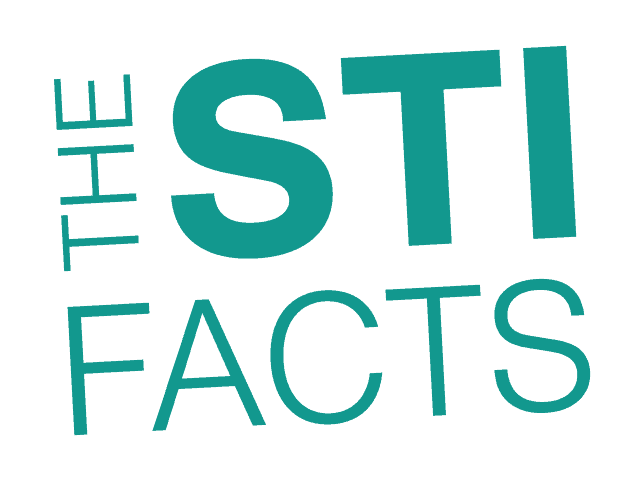What is Gonorrhoea?
Gonorrhoea is an infection that can be passed from person to person during unprotected vaginal, anal, and oral sex with someone who has the infection. Gonorrhoea can infect the throat, anus (bottom), penis, vagina and eyes. Gonorrhoea is sometimes called ‘gono’ or ‘the clap’.
Gonorrhoea is a very common sexually transmissible infection (STI) that often has no symptoms. This means you won’t know you have it unless you get an STI test.
Even without symptoms, it can be passed on. Without proper treatment, gonorrhoea can cause serious health problems.
How do you get gonorrhoea?
Gonorrhoea can be passed on when you have vaginal, anal, or oral sex with someone who has gonorrhoea. Using protection such as a condom and/or dam is a great and effective way to protect you from gonorrhoea.
How do you prevent gonorrhoea?
- Use condoms during vaginal, oral and anal sex. Condoms will prevent gonorrhoea from being passed on. Make sure you change condoms between partners and when sharing sex toys.
- Use dams during oral sex. Dams will prevent skin to skin contact and prevent gonorrhoea from being passed on.
- If you have gonorrhoea, don’t have sex with anyone until seven days after you’ve started treatment.
- Test for STIs and HIV every 6-12 months. It’s a normal and important part of taking care of your health.
What are the tests for gonorrhoea?
Gonorrhoea is tested for by a urine sample or a self-collected swab if you have symptoms. Sometimes a throat swab or self-collected anal swab might need to be taken too.
You can get a gonorrhoea test at your local doctor, a sexual health clinic and some university health clinics. You can call the Sexual Health Infolink on 1800 451 624 (free call) to find the closest service to you. STI tests are easy, confidential and nothing to be ashamed about.
What is the treatment for gonorrhoea?
Gonorrhoea can be treated with antibiotics (an injection and tablet) from your doctor or nurse.
If your test is positive for gonorrhoea, it’s important to let your sexual partners know so they can get tested and treated too. If you need help contacting your partners ask your doctor, visit Let Them Know or call the Sexual Health Infolink on 1800 451 624 (free call).
Want to know more? View the NSW Health Gonorrhoea factsheet.


